Stretching Objective: The body needs to be flexible to maintain a full range of motion. Stretching keeps the muscles supple, strong, and healthy; without it,…

Aside from exercise, mobility & flexibility are two of the key components the human body needs to retain proper function throughout its structures. The bones, muscles, ligaments, tendons, and other tissues work together to allow a range of movement and maintaining proper fitness. This, along with and a balanced nutritional diet, can help keep the body functioning properly. Great mobility means executing functional movements with no restrictions in the range of motion (ROM).
A flexible person can have core strength, balance, or coordination but cannot perform the same functional movements as a person with great mobility. Remember that flexibility is a mobility component, but extreme flexibility really is not required to perform functional movements.
Maintaining these abilities is key to being mobile in old age. Without mobility and flexibility, an individual will not be able to tie their own shoes or walk to the mailbox. According to Dr. Alex Jimenez’s compilation of articles on mobility and flexibility, individuals who don’t stretch their body often can experience shortened or stiffened muscles which decrease their ability to move effectively.

Stretching Objective: The body needs to be flexible to maintain a full range of motion. Stretching keeps the muscles supple, strong, and healthy; without it,…

The legs are important for standing and motion. Various problems can affect any part, including the bones, tendons, joints, blood vessels, and connective tissues of…

Introduction The hips in the lower portions of the body allow the legs to move the host from one location to another and provide stability…

Introduction When exercising, it is very important to warm each muscle group to prevent injuries from occurring when working out. Stretching the arms, legs, and back can loosen up…

Introduction Everyone worldwide knows that feet are important. The feet allow many individuals to run, walk, or jog for long periods without feeling pain for a…

Introduction The various muscles and tendons surrounding the foot play an important role as they provide stability to the lower parts of the body and…

Introduction The calves are extremely important to the lower portions of the legs as they allow the individual to move around and help stabilize the entire body.…

Introduction Various muscles help support the lower legs in the body and allow movement to the host. The lower extremities include the hips, pelvis, thighs, legs,…
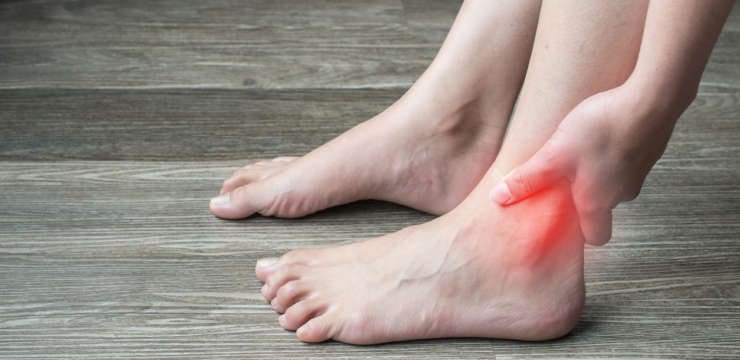
Introduction The ankles and the lower legs have a casual relationship by allowing movement to the foot that causes an up-and-down motion. The lower leg has various…
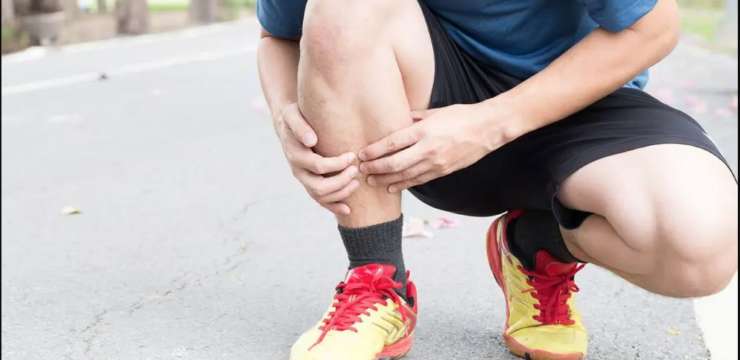
Introduction The legs are crucial for many individuals to move, jump, run, walk, and stand in various locations. The legs involve the thighs, hips, and knees as…
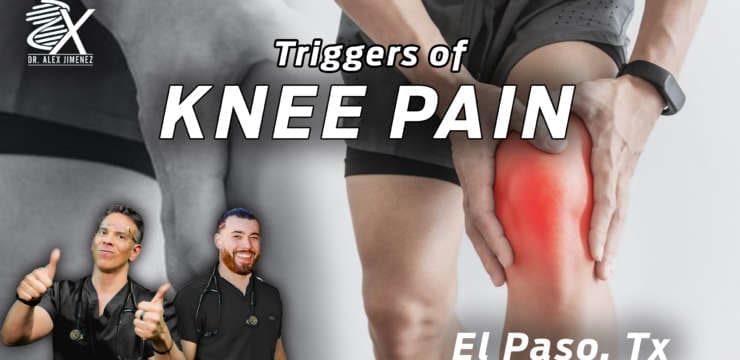
Introduction As one of the stabilizers for the body, the knees are located between the thighs and legs, allowing flexion and extension. The knees help the…
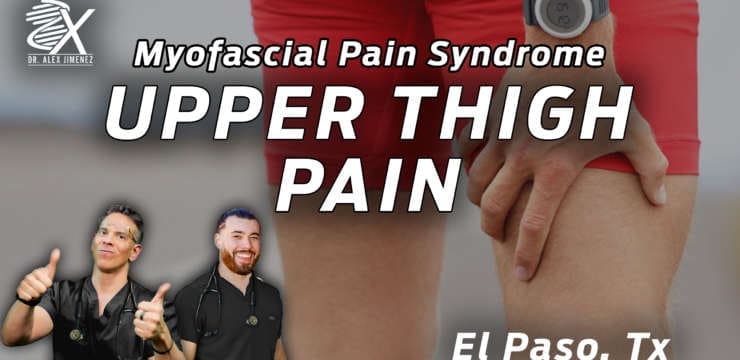
Introduction Many individuals utilize their lower muscles to move around and stay active as each muscle does its job and allows mobility to the hips and…
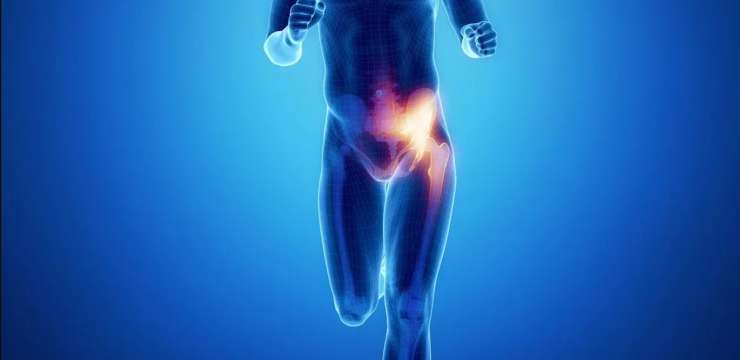
Introduction The hips and thighs have a working relationship as their jobs are to maintain stability for the legs and pelvis while supporting the upper…

Introduction The chest has the pectoralis major muscle that works with the upper half of the body that provides mobility and power. The pectoralis major also surrounds…

Introduction Many people use their hands when going to work or doing normal things in their daily lives. The hands correlate with the five finger…
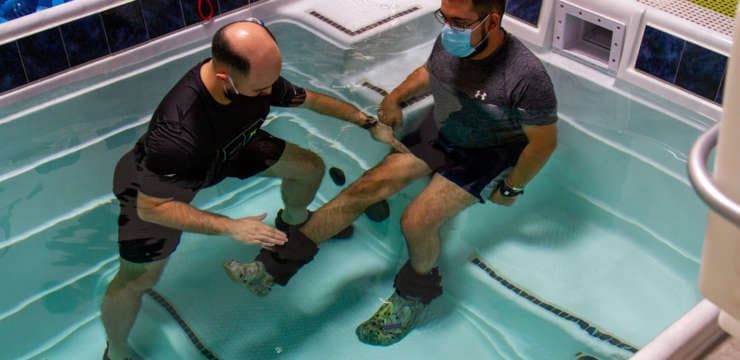
Introduction When it comes to the body, many factors can cause low back pain without a person knowing they encounter it. Simple actions like sitting, standing, and…

Many live with chronic discomfort and pain regularly in one or both knees. This could be from past injuries, being overweight, lack of physical conditioning,…